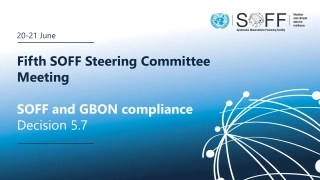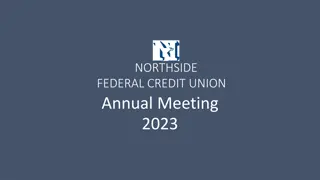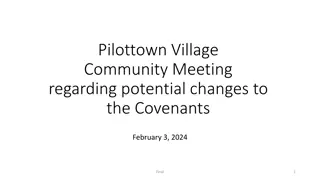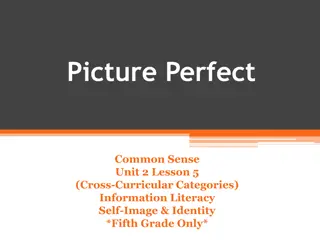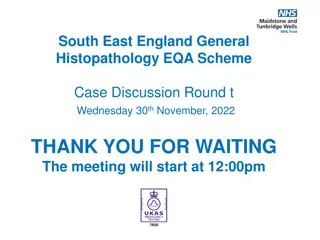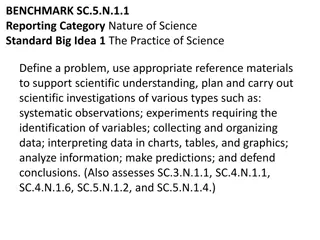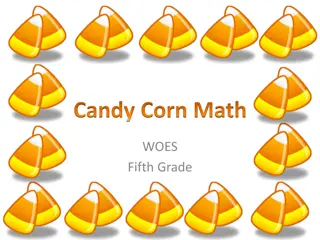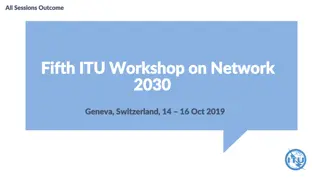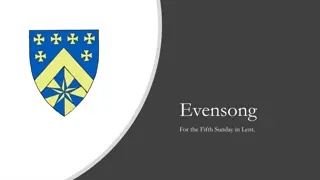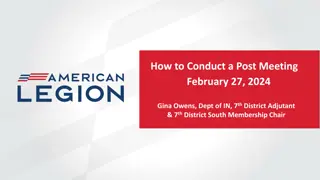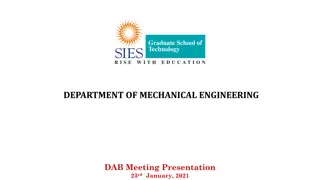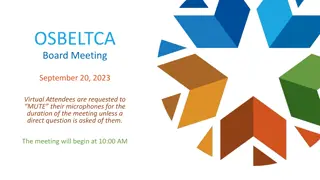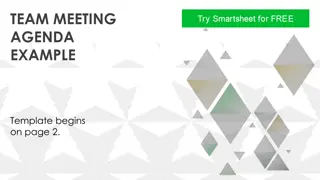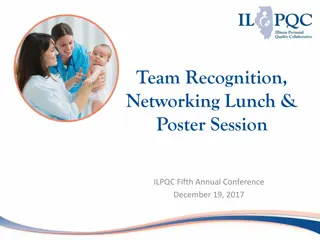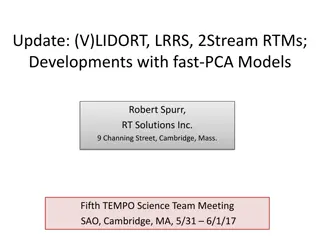
Understanding the Three Main Tenses in English and Their Functions
Explore the three main tenses in English - Past, Present, and Future - along with their four main aspects. Learn how each tense is used in academic writing, including the functions of Simple Present, Simple Past, and Future tense. Dive into the world of describing facts, historical events, and making predictions through different tenses.
Download Presentation

Please find below an Image/Link to download the presentation.
The content on the website is provided AS IS for your information and personal use only. It may not be sold, licensed, or shared on other websites without obtaining consent from the author. If you encounter any issues during the download, it is possible that the publisher has removed the file from their server.
You are allowed to download the files provided on this website for personal or commercial use, subject to the condition that they are used lawfully. All files are the property of their respective owners.
The content on the website is provided AS IS for your information and personal use only. It may not be sold, licensed, or shared on other websites without obtaining consent from the author.
E N D
Presentation Transcript
Three main tenses in English 1. Past 2. Present 3. Future 03
These each tenses have four main aspects 1. Simple 2. Perfect 3. Continuous 4. Perfect continuous 03
Tenses in academic writing A. Simple present tense Functions: 1. Describing facts, generalizations and explanation Facts that always true do not need to be located in Specific time, so you use simple present tense. You state the fact when giving background Information in your introduction . 03
2. Describing the content of a text It is commonly used to describe the events or actions in books, novel,plays etc
B. Simple Past tense Functions: 1. Reporting research step 2. Describing historical events
C. Future tense Functions: 1. You can use in a research proposal 2. To make prediction or hypotheses
Note : This topic will be discussed more in the next meeting. Please, learn it by yourself.

